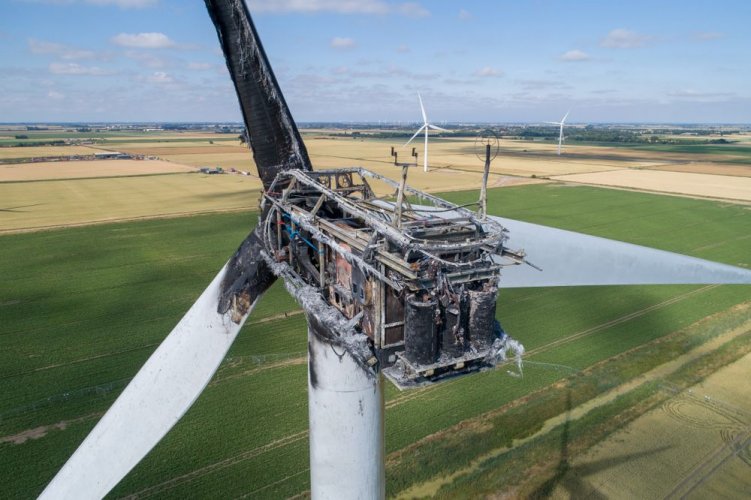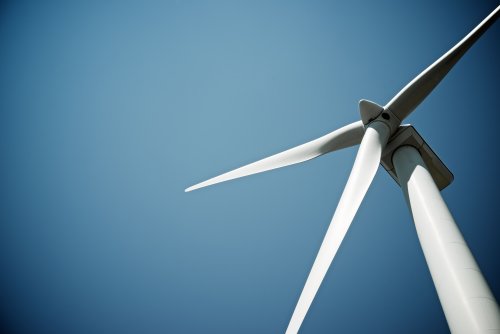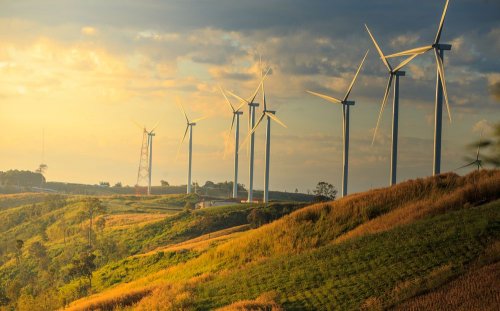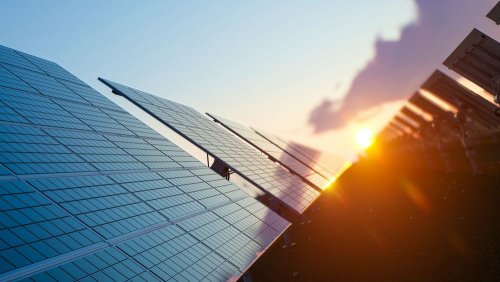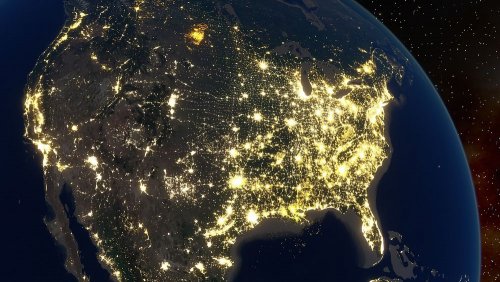In Ukraine about 40% of the installed RES capacity is occupied or affected by hostilities, and the rest are on the verge of bankruptcy.
The investor in "green" energy Igor Tinny told about it, reports EnergoBusiness.
The war also reduced vacation to a minimum due to surpluses and systemic constraints.
Although a small number of facilities have been permanently destroyed, and the ability to produce and sell energy is limited to more than half of market participants.
As a result of the departure of more than 8 million Ukrainians, electricity consumption fell, leading to a chronic electricity surplus. Also at the time of the flood, nuclear electricity, heat generation and hydropower have supplanted "green" energy.
“We have a“ Constraint Management System ”in our power system, when the dispatcher of NEC“ Ukrenergo ”sees a potential surplus of production, he will limit the significant capacity of RES. Therefore, a huge number of windmills are turned off every morning and although they have the opportunity to produce, they still do not, because there is no consumption, and our exports are temporarily suspended. SES operators produce from 10% to 40% of the possible amount of electricity, ”Tynny said.
When dispatchers turn off the green energy, the state-owned company Ukrenergo issues an act stating that it has forcibly shut down the station and undertakes to compensate the manufacturer for the damage. However, Ukrenergo has no money and this leads to a paradox: Ukrenergo issues a statement stating that they will pay someday, but the RES producer immediately incurs tax liabilities.
In addition, the Ministry of Energy has decided to limit payments to producers of electricity from solar power plants - 15%, wind - 16%. That is, they will pay only a small part of that small production, and for what they did not produce, they will write an act stating that they will pay someday. However, VAT must be paid immediately.
"It's just not technically possible, all solar stations are going bankrupt because of such conditions," he said.
He also noted that during the whole war the Ministry of Energy and the regulator did not hold any meetings and discussions with market participants who are concerned about the preservation of industry and jobs.
“The only chance to save the current system is to increase the consumption in the network, which can be done only by exporting electricity from Ukraine. We have already passed the stage of technical synchronization with the EU, today we are going through the stage of commercial synchronization, it took 1.5 years, but it needs to be passed 10 times faster, "Tynny added.
He explained that if the "green" generation gets the opportunity to export, it makes sense to leave the balancing group "Guaranteed Buyer" and sell energy on the free market.
Because of the war, the industry must also abandon the "green" tariff and try to sell energy on the market, and after its end - returned to guaranteed conditions.
Risks in the organization of electricity trade are also a matter of concern, in particular corruption in state-owned energy companies such as Energoatom and Centerenergo. This may prevent the government from introducing export sales not through market mechanisms, but from trying to give this direction to one state-owned company, which contradicts the ENTSO-E rules, energy packages and Ukraine's interests.
"If the market mechanism of auctions for the distribution of access to the intersection works and investors are guaranteed the right to return to the previous model of support after the end of martial law, I personally will try to export one or two companies," says Tinny.
If market mechanisms are introduced at auctions, the producer cannot expect to receive the export price in full, because Ukrenergo, which conducts this auction, will receive a larger share of the 1 MW price at the liquid auction. However, this will ensure sales.
"In fact, we will receive a price at the level of our market" for the day ahead ", but no one will restrict us in the production of electricity," he added.
We will remind, Russian aggression set endangered plans Of Ukraine on decarbonization.
As EcoPolitics reported earlier, Volodymyr Omelchenko, Director of Energy Programs at the Razumkov Center, spoke about the impact of the war on decarbonisation plans economy and green energy.

